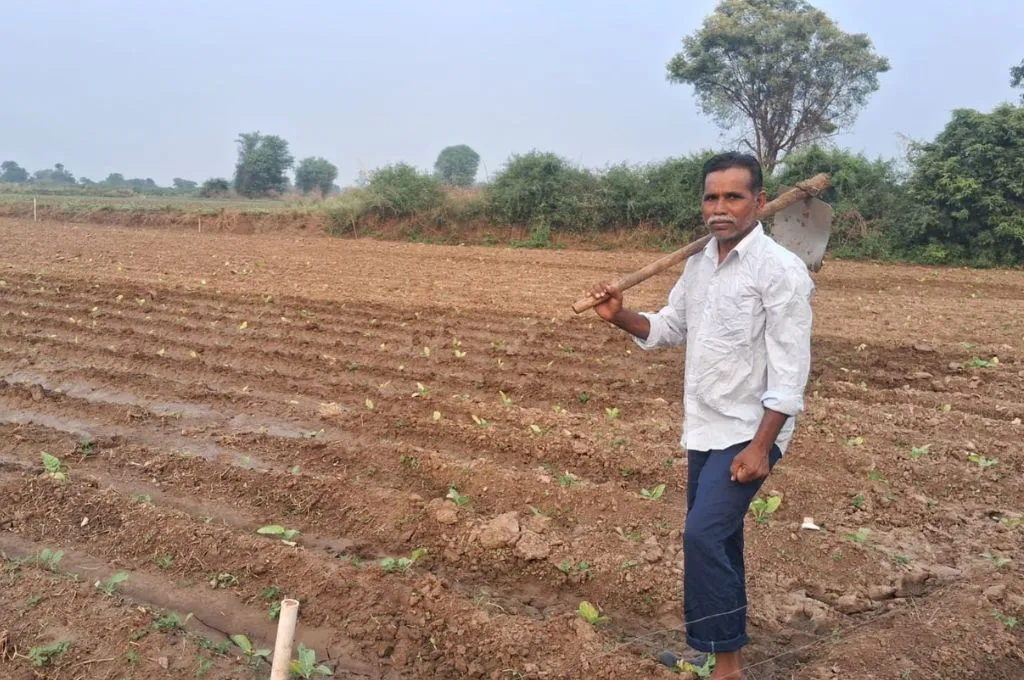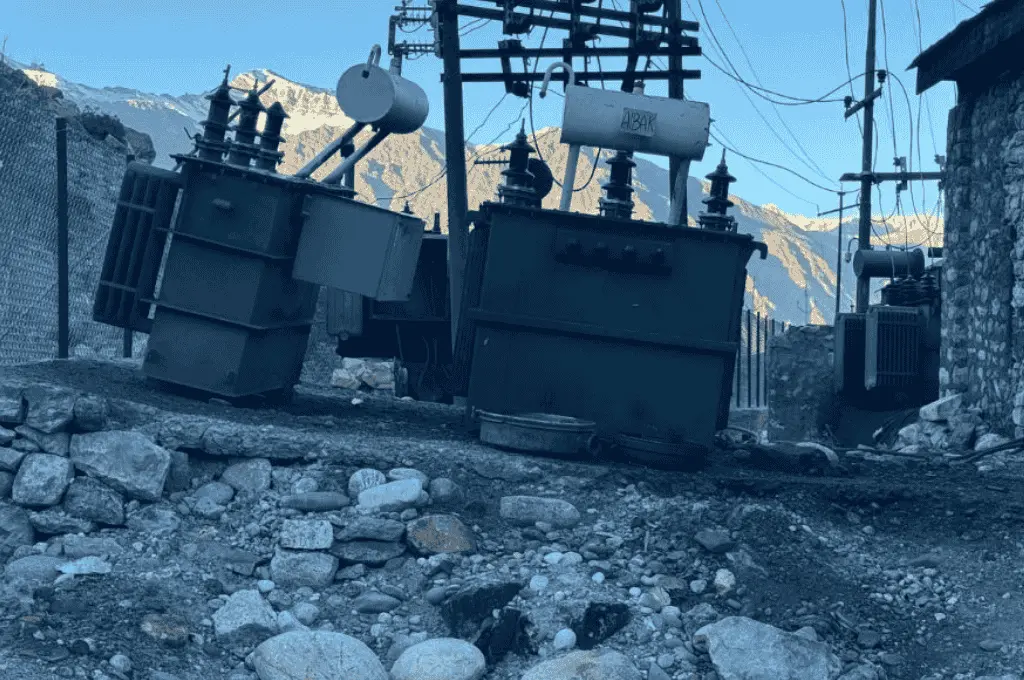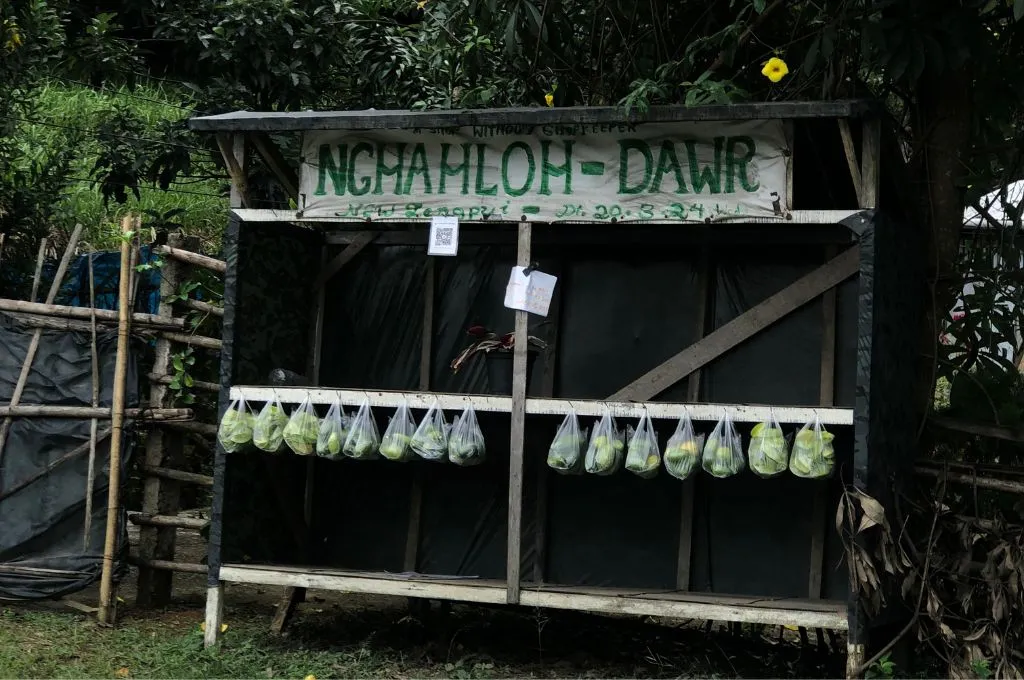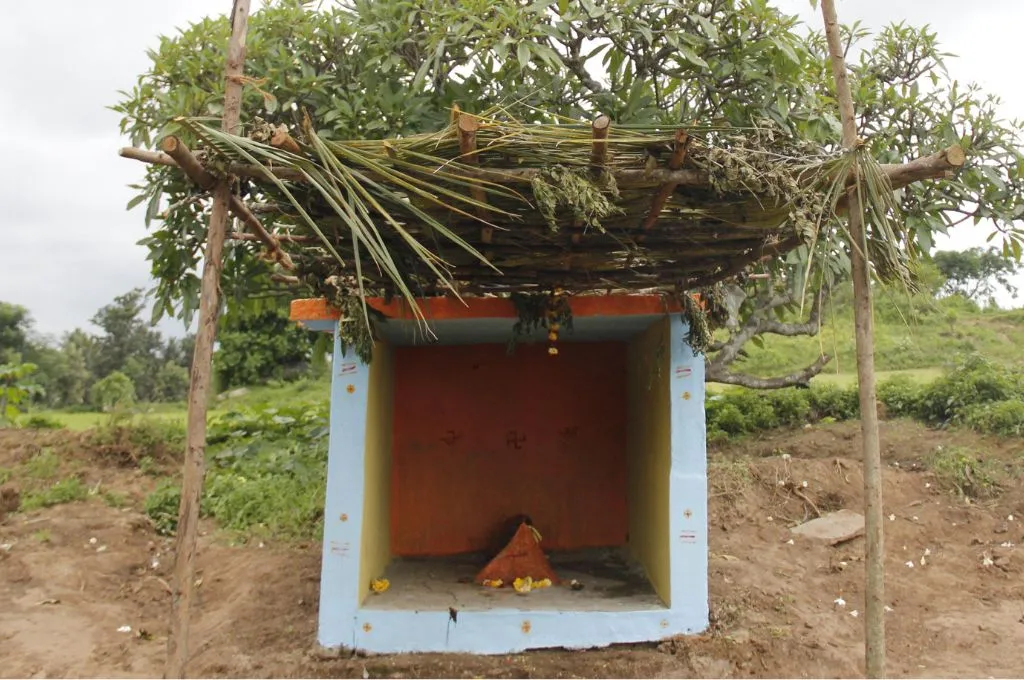READ THIS ARTICLE IN
Learning without an anganwadi in a flood-prone village
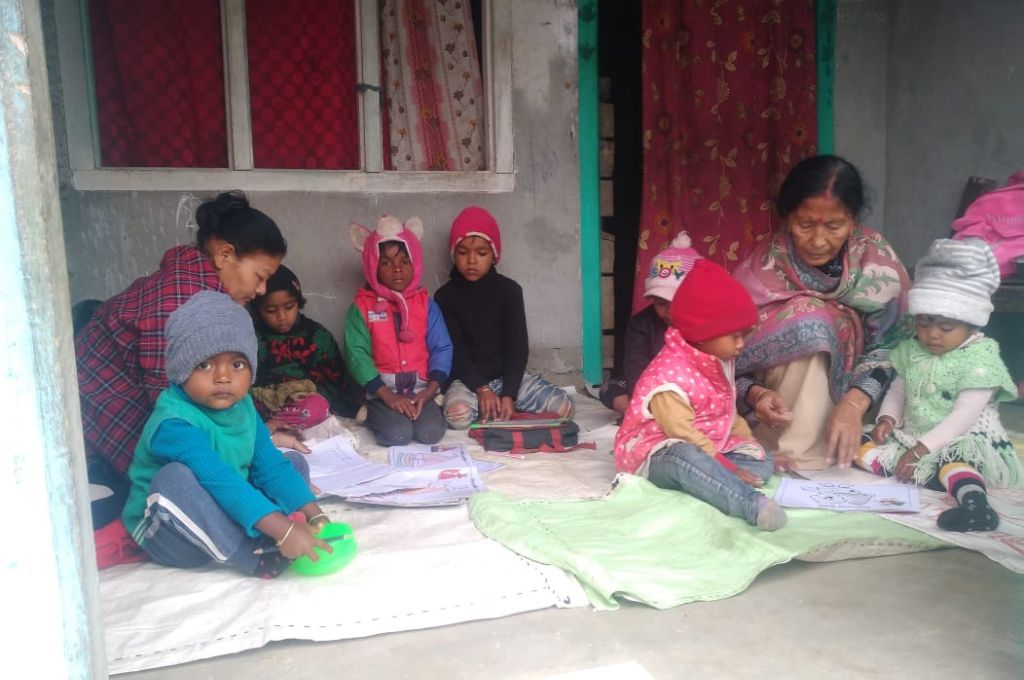
Situated near the Brahmaputra river, Mothola village in Lahowal block of Assam’s Dibrugarh district is an extremely disaster-prone area. The physiographical features and meteorological circumstances of this region are the major causes of floods, soil erosion, and landslides. When there is flooding, only treetops are visible above the water while the roofs of houses remain submerged.
Mothola has a population of more than 500, yet the nearest pre-primary and primary schools are approximately 5–10 km away. Landslides and soil erosion destroyed the first anganwadi centre built here in the 1990s. In 2006, the government assigned another anganwadi to be built near the dykes of the Brahmaputra. However, in 2019, when the village flooded during the monsoons, the centre was demolished to increase the size of the dyke. This is when the community decided to build an alternative.
In 2021, Niki Karmakar, who works at Dibrugarh’s Mothola Tea Estate, decided to utilise the balcony of her one-story pukka house to set up a makeshift anganwadi centre. Niki relayed to us that for approximately six months every year, no schools in the region can function due to the rise in water levels. She says, “As soon as my house was built, I realised this balcony could be a space to teach kids. Until a new centre is built, I’m happy to provide a room.” Her small balcony, with a carpet made of jute bags, is where the children gather every day at 9 am. ASHA worker Arati Sonowal comes with the mid-day meal. She uses charts and books to teach the kids. After this, she distributes the eagerly awaited lunch among them.
Niki is happy that the children are able to get an education, but knows that the makeshift centre is not a permanent solution. “No matter how much I try, my house cannot be an anganwadi. If on some day there is a problem in the house, or the ASHA worker is absent, the school cannot function.”
She hopes that a new school is constructed soon in an elevated area within the village, so that floods or other climate emergencies cannot put a halt to education.
Atreyee Das is an aspiring journalist and social impact worker.
—
Know more: Read this article to learn about the challenges that anganwadi workers face with the Poshan Tracker app.
Do more: Connect with the author at dasatreyee12@gmail.com to learn more about and support her work.
